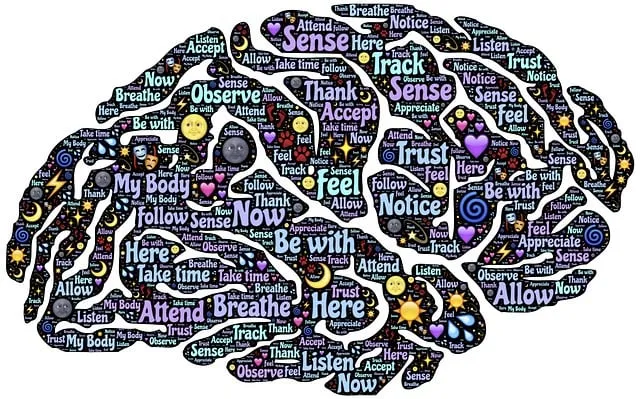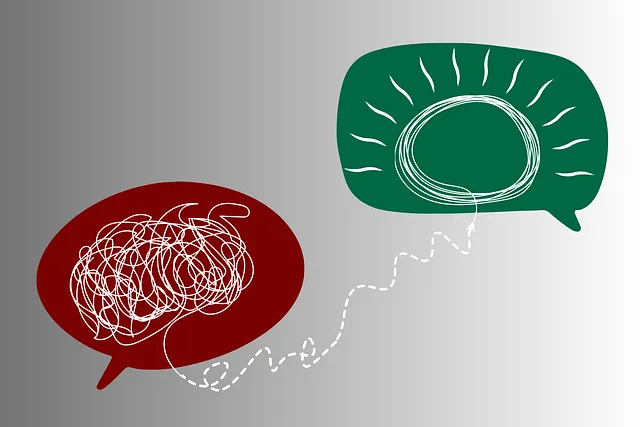The stigma around mental health severely limits access to treatment, but Superior Kaiser Permanente behavioral health providers are making strides to change this. They offer compassionate, culturally sensitive care that respects individual contexts, incorporating holistic methods like stress management. Through evidence-based practices, risk assessment, and self-awareness initiatives, these providers lead the fight against stigma, enhancing care accessibility for all while fostering understanding through community collaboration and public awareness campaigns.
Mental illness stigma remains a significant barrier to effective treatment and recovery. This article explores the profound impact of social stigma on individuals seeking mental health support, with a particular focus on the role of Superior Kaiser Permanente behavioral health providers in reducing this stigma. We discuss evidence-based strategies aimed at eradicating societal biases and fostering understanding, ultimately advocating for improved access to quality care.
- Understanding the Impact of Stigma on Mental Health Treatment
- Role of Kaiser Permanente Behavioral Health Providers in Reducing Stigma
- Effective Strategies to Eradicate Mental Illness Stigma in Society
Understanding the Impact of Stigma on Mental Health Treatment

The impact of stigma on mental health treatment cannot be overstated, particularly when considering the crucial role that superior Kaiser Permanente behavioral health providers play in combating this challenge. Stigma often acts as a significant barrier to seeking and maintaining effective treatment, leading many individuals to avoid or discontinue care. It fosters an environment where people with mental illnesses may face judgment, discrimination, and social isolation, exacerbating their symptoms and hindering their recovery journey.
Cultural sensitivity in mental healthcare practice and compassion cultivation practices are essential tools in countering these negative effects. By understanding the unique cultural contexts and experiences of patients, providers can offer more personalized and inclusive care. Moreover, incorporating stress management techniques into treatment plans not only addresses a common symptom but also demonstrates a holistic approach that respects the dignity and worth of every individual seeking mental health support.
Role of Kaiser Permanente Behavioral Health Providers in Reducing Stigma

The superior Kaiser Permanente behavioral health providers play a pivotal role in reducing the stigma surrounding mental illness within communities they serve. These professionals are equipped with extensive knowledge and skills to offer comprehensive trauma support services, addressing a significant factor contributing to the stigma. By providing compassionate care and leveraging evidence-based practices, they foster an environment of understanding and acceptance for individuals facing various mental health challenges.
Moreover, Kaiser Permanente behavioral health providers prioritize risk assessment for mental health professionals, ensuring that both patients and practitioners are well-supported. They emphasize emotional regulation as a cornerstone of their approach, helping clients develop healthy coping mechanisms while also promoting self-awareness and empathy among healthcare staff. Through these efforts, they actively contribute to dismantling the barriers caused by stigma, ultimately enhancing access to quality care for all.
Effective Strategies to Eradicate Mental Illness Stigma in Society

Mental illness stigma reduction is a multifaceted endeavor that requires collective efforts from individuals, communities, and institutions like Kaiser Permanente. Superior Kaiser Permanente behavioral health providers play a pivotal role in destigmatizing mental health issues by offering evidence-based treatments and fostering an inclusive environment. They facilitate conversations around mental wellness, educate the public, and provide support systems to help individuals overcome internalized stigma.
Public Awareness Campaigns Development and Self-Awareness Exercises are additional powerful tools in this fight. By sharing personal stories, promoting understanding of mental health conditions, and encouraging open dialogues, these initiatives foster empathy and challenge societal norms. Such efforts create a safer space for individuals to seek help without fear of judgment, ultimately contributing to improved access to behavioral health services and enhanced overall well-being.
Mental illness stigma reduction is a multifaceted effort that requires the collective action of healthcare providers, policy-makers, and society at large. The article has explored the significant impact of stigma on mental health treatment, highlighting how it often prevents individuals from seeking help. Superior Kaiser Permanente behavioral health providers have played a pivotal role in combating this issue through their comprehensive approach to care and education. By implementing effective strategies such as raising awareness, promoting empathy, and providing accessible resources, we can foster a more inclusive society that supports those living with mental illness. Ultimately, eradicating stigma is essential for ensuring everyone has the opportunity to lead healthy, fulfilling lives.






